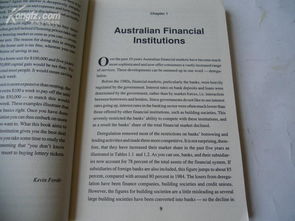Understanding the Financial Landscape in Your 60s

As you approach your 60s, the financial landscape can seem quite different from when you were younger. With retirement on the horizon, finding ways to make money becomes a crucial aspect of your life. Here’s a detailed guide on how you can generate income in your 60s, considering various dimensions.
Investing Wisely

Investing remains a viable option for generating income in your 60s. It’s important to focus on low-risk investments that provide steady returns. Consider the following options:
| Investment Type | Expected Return | Risk Level |
|---|---|---|
| Fixed Deposits | 2-4% | Low |
| Bonds | 3-5% | Medium |
| Index Funds | 5-7% | Low to Medium |
| Real Estate | 5-10% | Medium to High |
Part-Time Employment

Consider taking up part-time employment to supplement your income. This can be in any field you’re passionate about or have experience in. Here are some ideas:
-
Teaching or tutoring
-
Consulting services
-
Freelancing
-
Online work, such as writing or graphic design
Passive Income Sources
Passive income sources can provide a steady stream of income without requiring constant effort. Here are some options:
-
Rental income from property you own
-
Dividends from stocks or mutual funds
-
Interest from savings accounts or certificates of deposit
-
Online courses or e-books
Utilize Your Skills and Hobbies
Many people in their 60s have accumulated a wealth of skills and knowledge over the years. Consider leveraging these skills and hobbies to generate income:
-
Writing a book or starting a blog
-
Offering coaching or mentoring services
-
Creating and selling handmade products
-
Participating in online marketplaces or craft fairs
Government Assistance Programs
Don’t overlook government assistance programs that can help you make ends meet. These programs vary by country, but some common options include:
-
Social Security benefits
-
Pension plans
-
Medicare and Medicaid
-
Supplemental Security Income (SSI)
Financial Planning and Budgeting
As you explore various income-generating options, it’s crucial to have a solid financial plan and budget in place. This will help you manage your expenses and ensure that you’re not overspending. Consider the following tips:
-
Assess your current financial situation
-
Set realistic financial goals
-
Develop a budget that aligns with your goals
-
Monitor your expenses and adjust your budget as needed
Seek Professional Advice
Don’t hesitate to seek professional advice when making financial decisions. A financial advisor can help you navigate the complexities of retirement planning and investment options. They can also provide personalized advice based on your unique situation.
By exploring these various options and considering your personal circumstances, you can find ways to make money in your 60s and ensure a comfortable retirement.



